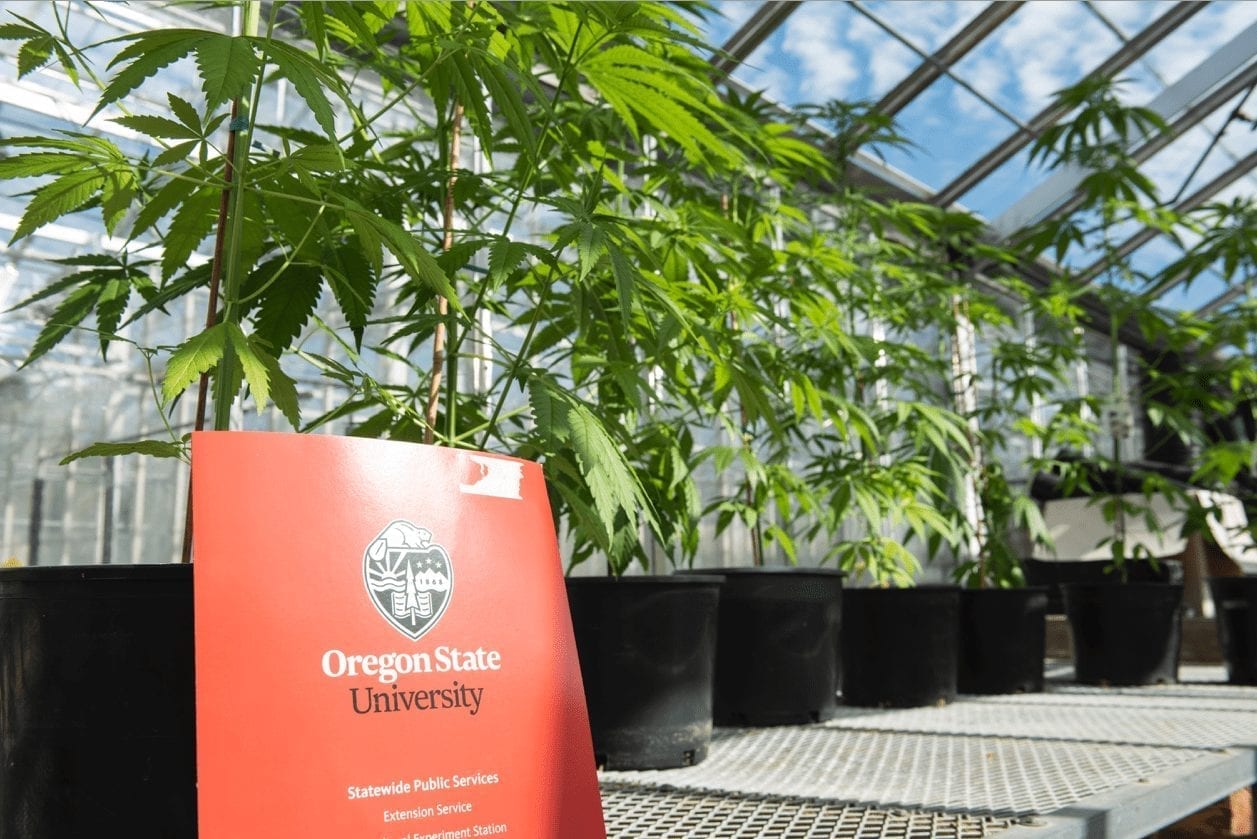Health and Wellness News, Research
Study Suggests Prolonged Cannabis Treatment Reduces Migraines
A study by researchers in Israel has shown that prolonged treatment with medicinal cannabis may reduce the frequency of migraines. Results of thestudy, “Migraine Frequency Decrease Following Prolonged Medical Cannabis Treatment: A Cross-Sectional Study,” were published this month in the journal Brain Sciences.
The goal of the research was to assess the impact that prolonged use of medical cannabis may have on the frequency of monthly migraine attacks. To conduct the study, 145 migraine patients aged 34 to 54 who had been using medical cannabis for a median duration of three years were surveyed. The subjects included 97 women, or 67% of the study group. All patients who participated in the research had been licensed to use medical cannabis. The data collected for the study included a self-reported questionnaire from the study group and information on the characteristics of the medical cannabis treatment used.
Monthly Migraines Reduced By Half
The researchers found that 89, or 61%, of the test subjects reported a 50% or more reduction of monthly migraine attacks following medical cannabis treatment. This sub-group of the study, classified as responders for further data analysis, also reported lower current migraine disability and a lower impact of migraine attacks. Responders also reported better sleep quality and lower rates of consumption of opioids and triptans compared to non-responders, the sub-group of test subjects that reported a less than 50% reduction in monthly migraine attacks with medical cannabis treatment.
“These findings indicate that MC [medical cannabis] results in long-term reduction of migraine frequency in [more than] 60% of treated patients and is associated with less disability and lower antimigraine medication intake,” the authors of the study wrote.
The researchers offered a possible explanation for the effect of medical cannabis reported by responders, noting that “migraine is classified as a pain condition. Mechanistically, endocannabinoids have been shown to have an inhibitory effect on serotonin receptors in vivo, which is shown to modulate pain and emetic responses.”
Read more from the source: 420Intel.com


